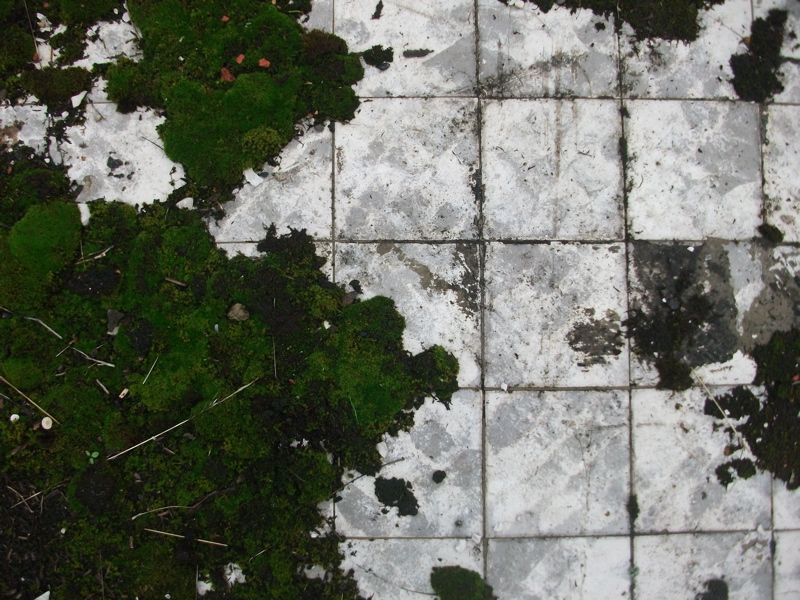This article, co-authored with William Beinart, has recently been published in the South African Historical Journal. Contact me for more information and a copy of the full article.
Read MoreImage credit: M Peretz, 1959

Image credit: M Peretz, 1959
This article, co-authored with William Beinart, has recently been published in the South African Historical Journal. Contact me for more information and a copy of the full article.
Read More
African Clawed Frog, Xenopus laevis, used in labs for pregnancy tests from the 1930s-1950s
What do I know about hormones? They're a familiar part of everyday life. They affect my emotions, sleep patterns, stress levels, desire, sexual and reproductive cycles, experience of aging, immune system and more…
Hormones are substances that connect: agents of communication within our bodies, and also secretions that travel across different bodies and ecosystems. The development of hormonal medicine – endocrinology – connects horses, pigs, slaughterhouses, glands, piss, prisons, soya beans, frogs, yams, sisal, Puerto Rican and American women, exploitation and liberation through networks of research and extraction for the medical-industrial complex…
Read More
Sterkspruit Nature Reserve, Mpumalanga
In January I traveled to South Africa on a research trip with my dad, William Beinart, following the story of a wild yam. Through this trip we are learning more about Dioscorea sylvatica, a wild yam known as 'Elephant's Foot' or 'ingwevu' in Zulu, that was heavily exploited by the British firm Boots for the production of cortisone in the 1950s – a story I've been digging into for over a year.
Read More
I've walked across the Island many times, following desire lines that criss-crossed the wasteland, noticing the abundant weeds and wildflowers that occupied the site. These common medicinal plants grew on the footprint of what was once a large pharmaceutical site in the heart of Nottingham – the century-long home of Boots, trusted chemist and household name. In one corner, a tiled floor was still visible: the remains of a factory where workers had industriously processed, packed and distributed medicines to the world. These physical traces of the site’s history have recently disappeared under a car park, and after nearly three decades as an unofficial urban commons the whole area is earmarked for a massive redevelopment scheme. But I keep returning to the Island and the questions it seeded in me.
Read More
Material in the Wellcome Library
I grew up with historians – great believers in keeping things, because you never know when they could become key to telling a story. But these historians also spent most of their professional lives talking to people. Oral histories, unwritten narratives, and lived experience weave stories along with – and contradictory to – records kept in shelves, boxes and hard-drives…
Read More
Brendel botanical models at the World Museum, Liverpool
In the past months I've spent time in medical archives and museums, accessing collections of images, artefacts, documents and objects, sifting for stories, making unexpected connections. I have been thinking a lot about how these things came to be here, what has been preserved, what's missing, and how particular narratives and realms of knowledge are constructed and reproduced by the value systems of dominant cultures.
I have been (deliberately) unmethodical in my research, following my nose, promiscuous with my attentions. I have started searches beginning with a particular plant, or drug, and allowed this to take me into exploded narratives of bodies, pharma-colonialism, identity, politics, hormones, piss, scientific innovation, belief, witches, extraction, exploitation, testing, failing, poisons and cures, magic bullets, not-knowing, bio-prospecting, life-saving, life-ending...
Read More
In 2017 I undertook a two-part residency at ZK/U Centre for Art and Urbanistics (Berlin) to develop the ‘Urban Antibodies’ project. Urban Antibodies is a long-term research project that imagines the city as a living organism, looking at sites of toxicity and vulnerability, healing and care – with a focus on plant knowledge and medicine. The project explores specific sites to investigate histories of industrial pharmaceutical companies in relation to plant knowledge, colonialism, and gender in the development of scientific knowledge.
Read More